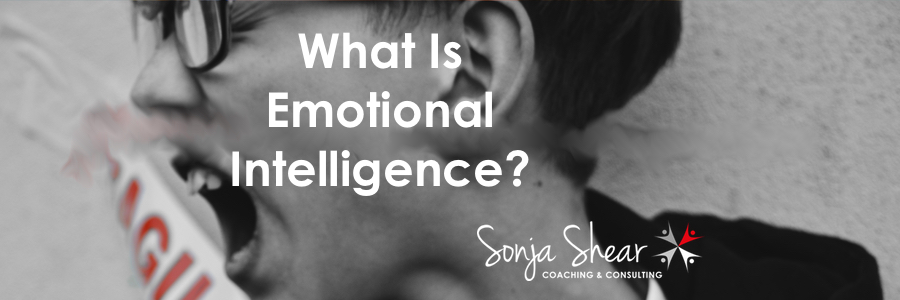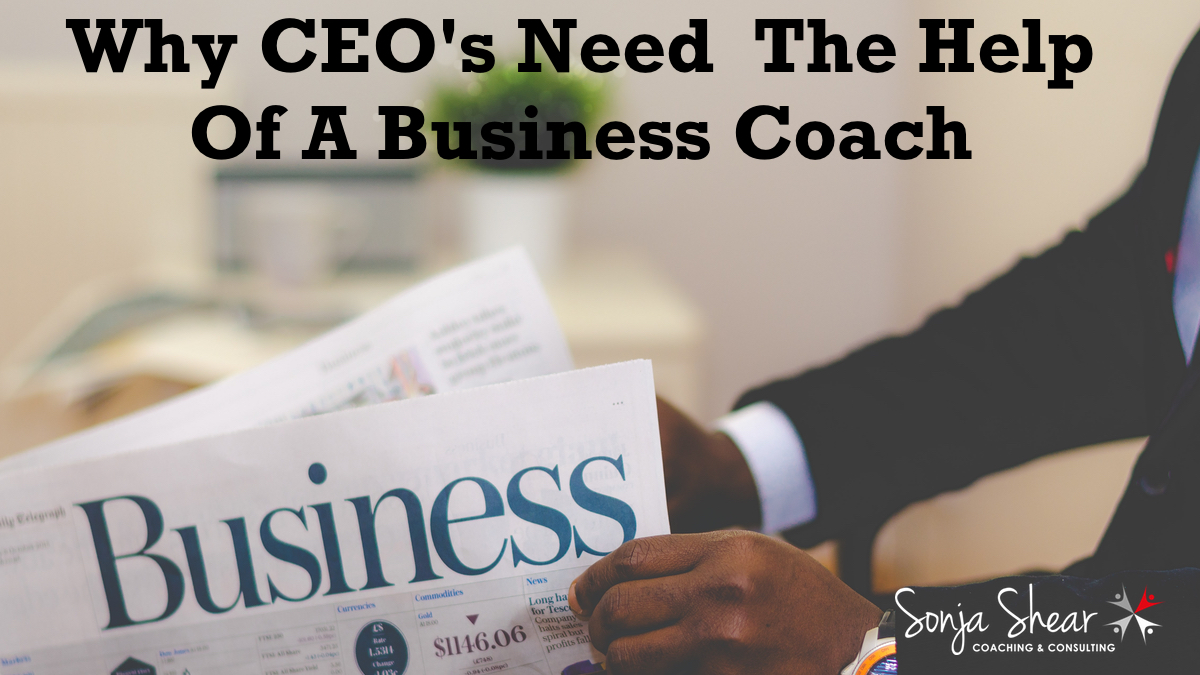
What is Emotional Intelligence?
I often get asked, "what is emotional intelligence?" The best way to answer this question is to illustrate a frequent occurrence.
When working with business owners and leaders, I often get told how they are struggling with employees, in particular with people who seem to be highly emotional or aggressive in the business. It creates conflict between colleagues and they often tell me these employees have great potential. However, the staff don't like them because of the way they treat people or the manner in which they deal with the team. Then they say it's a pity that we can't change him or her, because they would be great. This is where I start to disagree and I can start explaining emotional intelligence.
Yes, you may not be able to change someone and why should you want to? What you certainly can change is their behaviour and the way they deal with other people. As individuals, we all have ego's, whether you agree with this or not we do, and our ego's influence the way we behave and in turn treat others. We may be programmed to react or act in a particular way, either because that is what we know has worked before, or because that is how we believe we should be behaving. So what can we change? We can manage our responses and emotions when engaging with others.
If you understand your emotions and the impact of your emotions on your behaviour when engaging with others, you certainly will change your behaviour, and people will notice this change.
Think of the way you feel when your boss walks into your office and screams at you. Even if you are in the wrong, does this motivate and energize you to perform better and at a higher level? More than likely not. You may feel aggression and anger towards your boss at that time, and then end up saying something which is out of line, or you stand the risk of becoming quite demotivated and despondent. The same applies to the reverse. Think of how you feel when your boss praises you, your energy levels rise, and you feel happy and motivated to perform.
If we as individuals could learn how to manage our emotions, we certainly would see a change in ourselves and our engagement with others.
What is the golden rule? Recognise, understand and manage the impact of emotions on your behaviour. You may be wondering how you do this: by developing emotional intelligence. Developing your emotional intelligence is a skill you will need to learn and improve on an ongoing basis. It is not something you will use at whim, but rather something that you will need to apply to all areas of your life to get the best out of yourself and out of others.
Who should develop their emotional intelligence? We all should, and as a leader, it will be the most important investment of your time for yourself and your team. There is no grading or scale as to who should attend. If we all had a higher level of emotional intelligence, the workplace and the world would be a much better place. So whether you are a leader, in sales, in marketing, in customer service or any area of a business that involves relationships, you should focus on developing your emotional intelligence.
I offer a two-day workshop which has been developed by leading emotional intelligence expert Dr Niel Rall from Leadership Dynamics. This programme really can bring the change you are looking for in your team and business.














